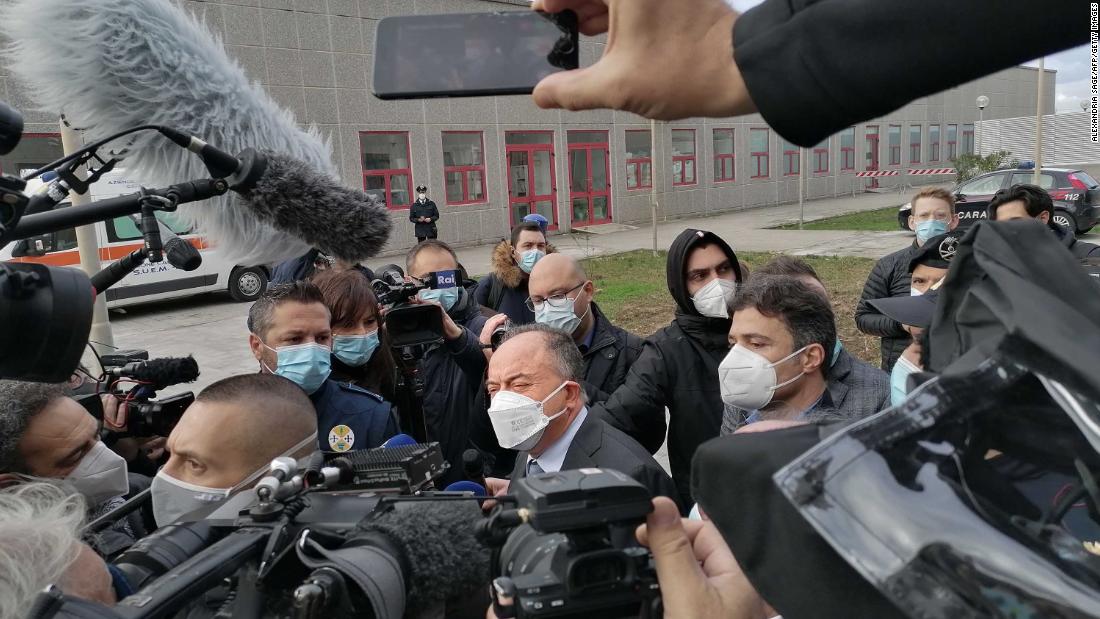The trial is being held in a converted call-center in the town of Lamezia Terme, Calabria, with the defendants placed in metal cages and rows of desks set up for the hundreds of lawyers, prosecutors, journalists and onlookers who are expected to appear.
Many of the defendants are white-collar workers, including lawyers, accountants, businessmen, local politicians and police, whom Chief Prosecutor Nicola Gratteri said he willingly helped ‘Ndrangheta in building his crime empire.
Speaking to reporters on entering the court, Gratteri said the investigation encouraged residents to speak out.
“In the past two years, we have seen a sudden increase in lawsuits by oppressed businessmen and citizens, victims of usury, people who for years lived under the threats of the ‘Ndrangheta,” said the prosecutor, who has spent more than 30 years fighting the mafia.
The state will call 913 witnesses and resort to 24,000 hours of intercepted conversations to support the numerous charges.
Gratteri said he expects the trial to take a year to complete, with the court meeting six days a week.
Another 92 suspects opted for an accelerated trial in the same case, with their hearings set to begin in late January, while a much smaller group of defendants will be tried in February for five murders – including the murder of a mafia assassin who was killed a shots for being gay, prosecutors say.
The last time Italy tried hundreds of alleged mafiosi simultaneously was in 1986, in Palermo, in a case that represented a turning point in the fight against Cosa Nostra, marking the beginning of the group’s sharp decline.
This trial had a major impact because it targeted several mafia families. The Calabria trial focuses mainly on just one group – the Mancuso clan in the province of Vibo Valentia – leaving much of the ‘Ndrangheta’s high hierarchy intact.
“The road ahead is still very long, but we must not give up because there are thousands of people who believe in us. We cannot disappoint them,” Gratteri told Reuters.
